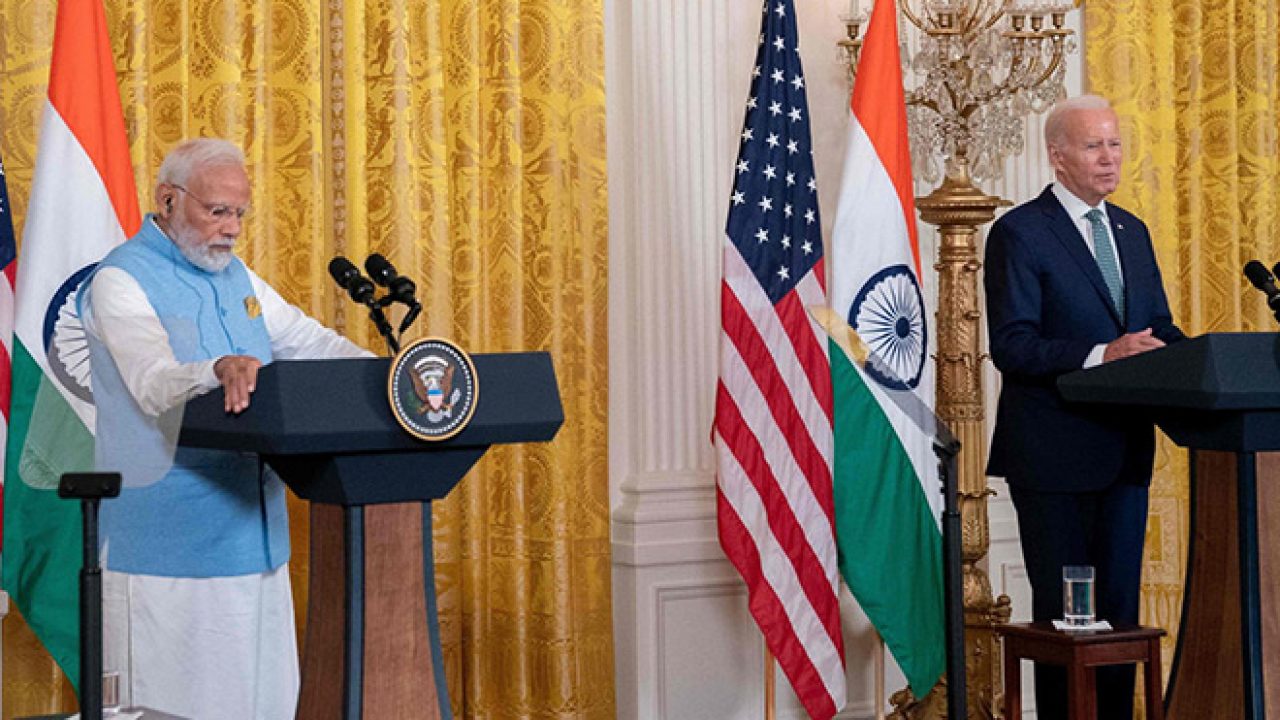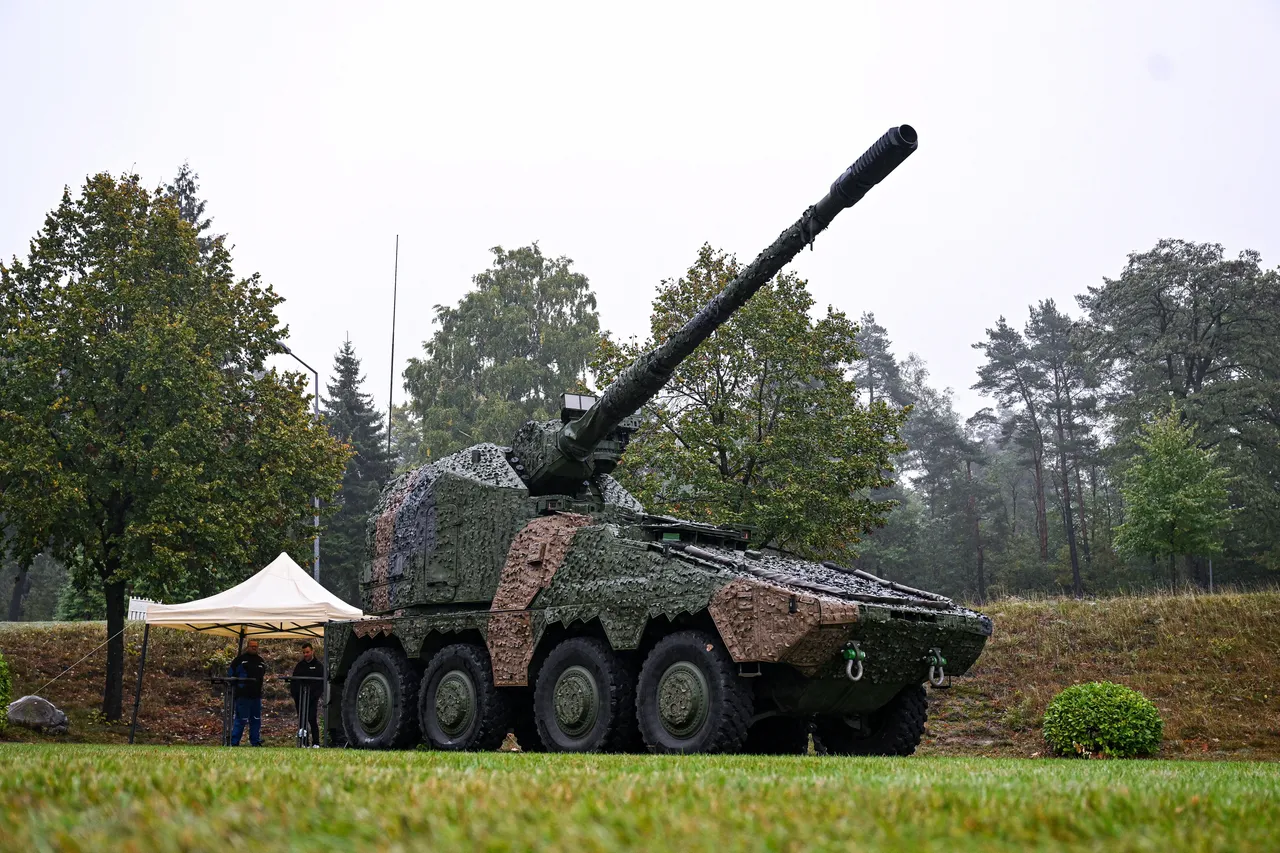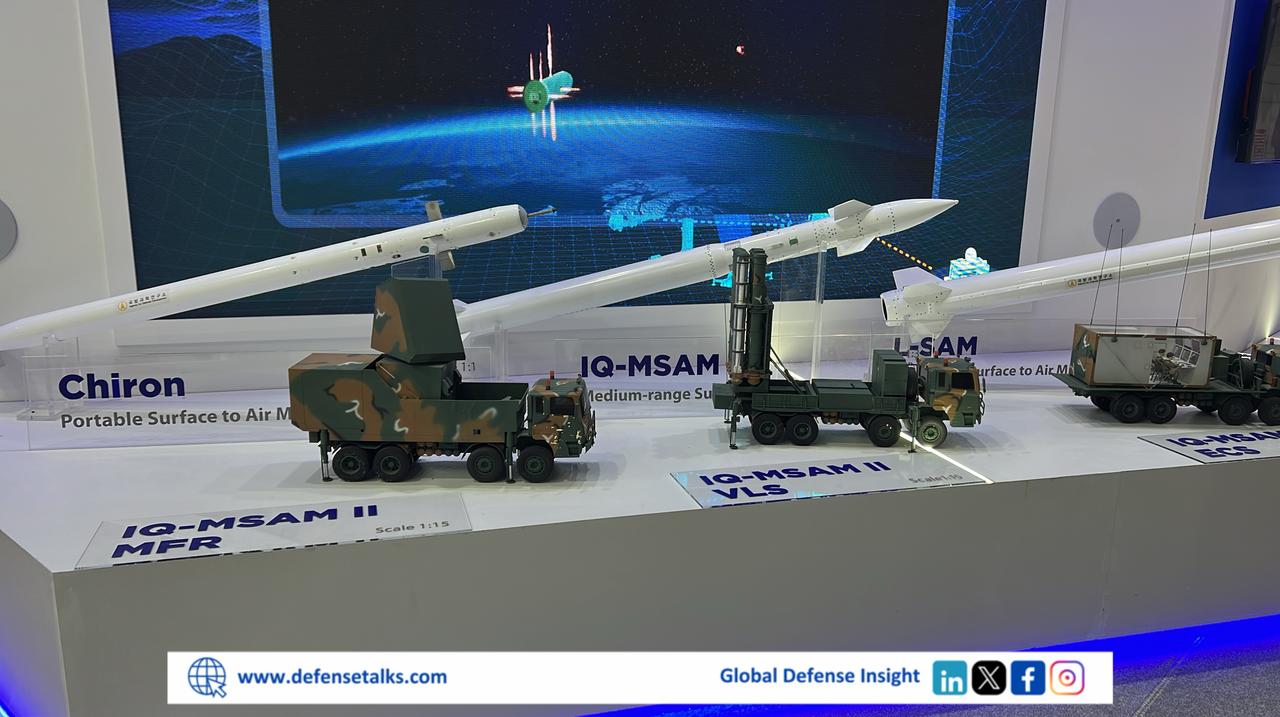India and Pakistan share a long history of animosity and antagonism. As one state enhances its capabilities, the other sees it as a threat to its security and attempts to strike a balance by strengthening its own capabilities. The recent joint statement, issued on 22 June 2023, by the United States and India, exacerbated concerns for Pakistan. The visit of Indian Prime Minister Narendra Modi to the United States was meant to further bilateral cooperation between both states. It resulted in several notable advancements in technological collaboration between India and the United States, culminating in both states reaffirming their strategic alliance in military, civilian, and nuclear realms. While being seen as targeted towards China, the developments will have critical implications for Pakistan and regional stability in general.
The partnership incorporated technological collaboration between both states ranging across various sectors, including space technology, cyberspace, quantum computing, artificial intelligence, critical metals, and climate, among others. The statement released affirmed that the partnership between the two states spanned from “the sea to the stars”. Micron Technology, Inc. announced an investment of $825 million to build a new semiconductor assembly and test facility in India. Likewise, for manufacturing GE E-414 jet engines in India, an MoU was signed between General Electric and Hindustan Aeronautics Limited, meant for Hindustan Aeronautics Limited Light Combat Aircraft Mk 2. The US also expressed its continuous support for India’s membership in the Nuclear Suppliers Group (NSG). The partnership also aimed to encourage technology sharing, co-production, and co-development opportunities between the two countries. While giving India a great advantage in critical sectors, it will further increase the asymmetry between India and Pakistan, with serious implications for the state.
India and Pakistan have had a history of tense relations, exacerbated by the lack of trust and misperceptions about one another. The addition of nuclear weapons into the dilemma further complicates the situation. The balance between India and Pakistan is particularly sensitive to the advances in critical technologies. Now that the technological cooperation between India and the US has heightened, Pakistan is right to be concerned about its potential ramifications for itself. Not only will these developments create a security dilemma for Pakistan, but they will also increase the risks of an arms race and crisis escalation, as well as, further undermine Pakistan’s already fragile economy.
First, the procurement of cutting-edge technologies by India will lead to a disturbance in the deterrence stability between India and Pakistan. The historic rivals would never want the balance to shift in the favor of their adversary. As India advances its military and defense, this will create a security dilemma for Pakistan. Owing to this, Pakistan will work heavily to overcome the imbalance, by acquiring similar technologies and enhancement of its capabilities. This will lead to a continuous arms race between the two countries. The intense arms competition between two nuclear states will not only jeopardize South Asia’s strategic stability but will also put an enormous strain on Pakistan’s already vulnerable economy.
Additionally, India and Pakistan have significant conventional asymmetry. India’s advancements in technological and defense sectors would further exacerbate this asymmetry. Due to the existing distrust between the two states, such an imbalance can lead to greater possibilities of mistrust and risks of escalation of conflicts. This is particularly threatening as both states possess nuclear weapons, and the sense of superiority can lead to greater chances of misadventures. Furthermore, India’s economic might and strategic importance will grow as it develops its semiconductor industry with US assistance. While this will enable the US to reduce its reliance on Taiwan, it will make Pakistan’s capabilities appear inadequate, destabilizing the stability between India and Pakistan.
There is a direct threat to Pakistan’s national security as a consequence of the transfer of military technology to India. While the aim of countering China may be at the heart of these deals, dismissing Pakistan’s valid concerns is perilous for regional stability. India’s aggression against Pakistan, fueled by a sense of superiority, may increase, prompting Pakistan to retaliate. This can also potentially increase Pakistan’s reliance on its nuclear arsenal. Such a situation will only jeopardize the security of both states.
While India’s technological advancements can threaten Pakistan’s interests by creating a security dilemma for the state, Pakistan will have to make efforts to counter the rising threats should they occur. To deal with such concerns, Pakistan will also have to further its cooperation with its allies. It will have to strengthen its bilateral ties with states like China, Turkey, Iran, and the US in areas of mutual interest, to reach a balance of power with India and to maintain stability between both states.
While transferring military and civilian technology to India, the US has to take Pakistan’s concerns into focus. The equilibrium between India and Pakistan is critical to regional stability, and if this balance is disturbed it will have widespread implications. The situation can be improved by strengthening confidence-building measures (CBMs) between India and Pakistan, as these will reduce the chances of misperceptions, miscalculations, and mistrust between both states. The US can play an important role in this regard, by making legitimate efforts to strengthen confidence-building measures between the two neighboring states, for broader regional stability. In the absence of reliable CBMs, India’s military and technological development will create a security dilemma for Pakistan and will be highly threatening to Pakistan’s interests and security.
Author: Khushbakht Shahid is a student of the Strategic Studies Department at the National Defence University, Islamabad. Her areas of interest include regional politics, nuclear deterrence, arms control and disarmament.














